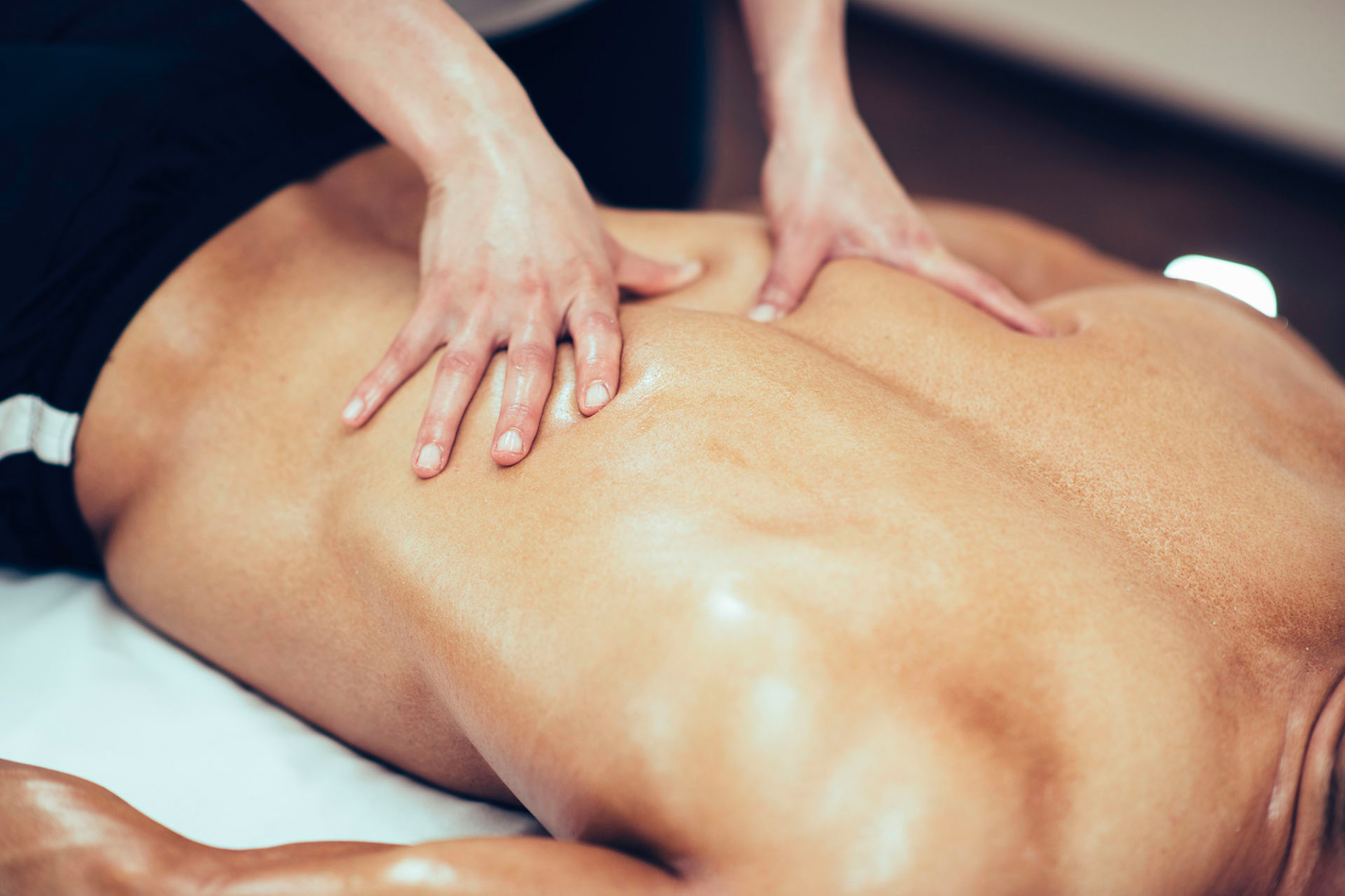Your upper back pain can significantly affect your everyday life and well-being. While the upper back problem is often not serious or as common as lower back pain, looking out for its underlying symptoms and causes is essential to reduce the chance of further complications.
Factors such as poor posture and other medical conditions may result in upper back pain. Some cases may be challenging to manage at home.
If you need back pain treatment, don’t delay. Watch for the ten symptoms of upper back pain and get the right treatment immediately.
Common Symptoms of Upper Back Pain
Paying attention to the symptoms of upper back pain allows you to assess what you’re feeling quickly. Your discomfort may range from mild to chronic, requiring immediate attention.
There are various upper back pain symptoms that you need to watch out for. These include the following:
1. Dull Ache or Stiffness
A persistent, dull soreness or stiffness in the upper back region is a common sign of upper back pain. The recurring tightness or discomfort may interfere with your daily activities.
2. Radiating Pain
Upper back pain can spread to your shoulders, neck, or even down the arms. An affected nerve can cause this radiating pain, which may feel searing or severe.
3. Muscle Tension
This condition is another symptom of upper back pain. Your upper body may feel uncomfortable moving due to the tensioned or strained muscles in the affected area.
4. Shoulder Blade Pain
A typical sign of upper back pain is discomfort between or behind the shoulder blades. It may range from a slight aching to intense, stabbing sensations.
5. Limited Range of Motion
Upper back pain can limit your ability to move your arms, neck, and shoulders freely. It may also make grasping, twisting, or performing chores requiring upper body motion difficult.
6. Headaches
Pain from your neck and upper back muscles may cause tension headaches, which feel like a tight ring around the head.
7. Numbness or Tingling
You feel numbness, tingling, or pins-and-needles sensations in your upper back, shoulders, or arms due to upper back pain caused by nerve compression.
8. Difficulty Sleeping
Upper back pain can significantly affect your sleeping patterns. The pain might make sleeping difficult, disturbing your sleep cycles.
9. Posture-Related Pain
Your upper back pain may result from slouching or hunching over electronic gadgets or desks. The discomfort may worsen as you continue to maintain poor posture.
10. Pain with Breathing
Some people may experience deep breaths or specific ribcage movements that aggravate upper back pain, resulting from problems of the rib joints or thoracic spine.
If you have noticed any of these upper back pain signs and symptoms, you should see a medical professional to discover any underlying health concerns.
What Causes Upper Back Pain?
There may be various causes of your back pain. Understanding where these pains come from is crucial to finding the best treatment.
Here are some of the common causes of upper back pain:
Muscle strain
Muscle strain is the most predominant cause of upper back pain. Overusing your upper back muscles when carrying heavy objects or sitting in a slumped position for long periods can trigger such a condition.
Thoracic Herniated Discs
Upper back pain can result from nerve irritation or compression in the thoracic spine. You may only feel herniated disc pain in the affected area or if it spreads to nearby muscles and tissues.
Poor Posture
Good posture is vital for your well-being. Poor posture can cause your upper back to ache and make movement difficult.
Injuries
Injuries and trauma from accidents may also cause upper back pain and discomfort, which need immediate and proper treatment.
Musculoskeletal Issues
These conditions include scoliosis or kyphosis, which affect your spine’s curvature. You may feel minimal discomfort depending on the severity. Others lead to chronic upper back pain and movement restrictions.
How to Avoid Upper Back Pain
Unlike neck and lower back pain, upper back pain is quite uncommon. The bones in your upper back do not bend or move as much as your neck and lower back bones.
Your upper back’s bones and ribs cooperate to keep your back stable. Together, they safeguard your body’s most important organs, such as your heart and lungs.
Hence, it is crucial to know some effective ways to avoid upper pain, including:
- Maintaining Good Posture
- Regular Stretching
- Using Proper Lifting Techniques
- Staying Active
- Managing Stress
- Avoiding Heavy Backpacks
- Sleeping Comfortably
- Seeking a Spine Expert
There are several ways to prevent upper back pain: stretching, exercising, maintaining good posture, finding a comfortable sleeping position, and, most importantly, seeking the advice of a spine expert for the best treatment.
When things get too demanding and tough, you always have the professionals ready to back you up. You can consult an experienced chiropractor wherever you are in Sydney.
Summary
Upper back pain might not be a common condition like lower back pain. However, it can still significantly impact your quality of life. While you can’t always avoid upper back pain, there are some effective tips to help you prevent it.
Maintain proper posture, exercise frequently, and attempt to lessen your stress. Doing those things will keep your body moving without upper back pain and discomfort.
Consult our experienced chiropractors for your persistent upper back pain. We are always ready to answer your queries, diagnose your condition and plan your treatment to manage your pain most effectively. Contact us or visit our clinic in North Strathfield today!
You may also be interested in
Posture Correction: The Ultimate Guide
We often sit for prolonged hours in modern life, staring at phones and laptop…
Natural Pain Relief And Improved Function With Dry Needling
Do your aches and pains include musculoskeletal pain, pregnancy discomfort,…
10 Causes of Lower Back Pain
Approximately 16% of Australia’s population complains about back pain. This…





